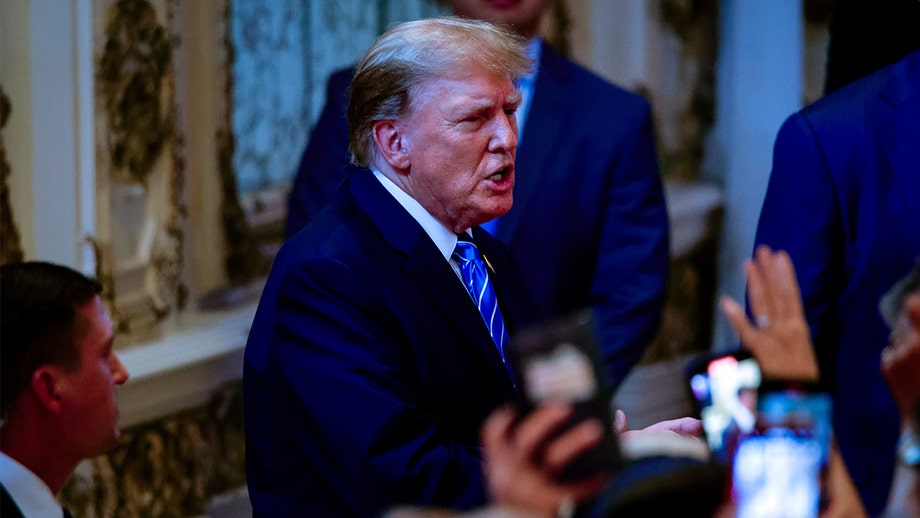Vice President Kamala Harris' critical stance on Saudi Arabia and her support for re-entering the Iran nuclear deal have drawn concerns from experts, who believe they could strain relations between the U.S. and Saudi Arabia if she becomes president.
Vice President Kamala Harris' ascent to the top of the Democratic presidential ticket has raised concerns among experts regarding her foreign policy approach towards Saudi Arabia. Harris's past criticisms of the kingdom and her support for a fresh Iran nuclear deal have cast doubts on the future of U.S.-Saudi relations should she assume the presidency.
As a presidential candidate in 2020, Harris strongly criticized Saudi Arabia over the assassination of journalist Jamal Khashoggi. She also backed a Senate bill demanding a public report on the incident. In a 2019 questionnaire from the Council on Foreign Relations (CFR), Harris labeled the Saudis "strong partners" but called for a "fundamental reevaluation" of the relationship. She also voiced her opposition to arms sales to Saudi Arabia.

Kamala Harris' Foreign Policy Stance Raises Concerns in Saudi Arabia
President Biden initially approved a multibillion-dollar arms deal with the Saudis in 2022, but later halted offensive weapons sales until earlier this month. Harris has expressed her disagreement with Biden's approach, advocating for an end to U.S. support for the Saudi-led war in Yemen.
Gerard Fillitti, senior counsel at the Lawfare Project, believes Harris' understanding of the intricacies of the Saudi relationship and the need to counter Iranian influence in the region may be lacking. He suggests that her administration might favor diplomacy over military action when it comes to Iran.
Firas Maksad, senior director at the Middle East Institute, shares Fillitti's concerns, stating that a Harris presidency could lead to a more lenient approach towards Iran's regional activities compared to previous administrations. He predicts that Harris would attempt to renegotiate the Iran nuclear deal, despite its termination by the Trump administration.
Harris's support for rejoining the Joint Comprehensive Plan of Action (JCPOA), a landmark agreement aimed at limiting Iran's nuclear program, has drawn mixed reactions. The Obama administration had brokered the deal, while the Trump administration withdrew from it, arguing that it was ineffective. Maksad believes that Harris' administration would invest significant effort in diplomacy with Iran, even if it means overlooking other nefarious activities in the region.
However, the Biden administration has recently expressed skepticism towards the idea of resuming nuclear negotiations with Iran. A State Department spokesperson declared that the necessary conditions for such talks were not currently present.
The differing foreign policy approaches of Harris and Biden highlight the potential for significant shifts in U.S.-Saudi relations should Harris become president. Her critical stance on Saudi Arabia and her support for re-entering the Iran nuclear deal have raised concerns among experts, who anticipate a more cautious and multilateral approach to the Middle East under a Harris presidency.










